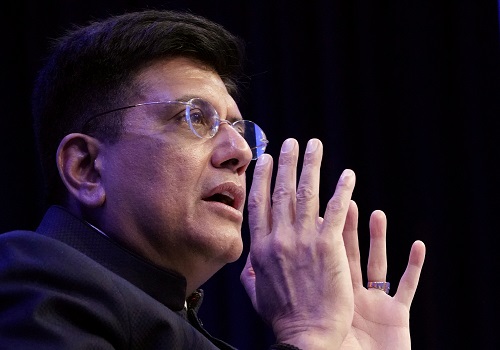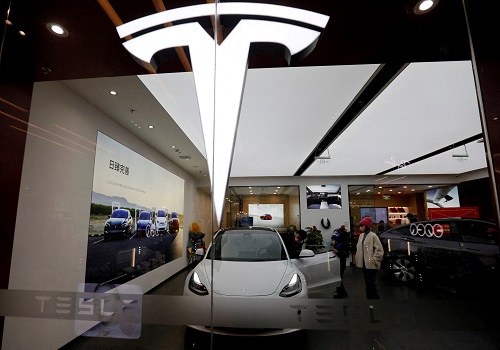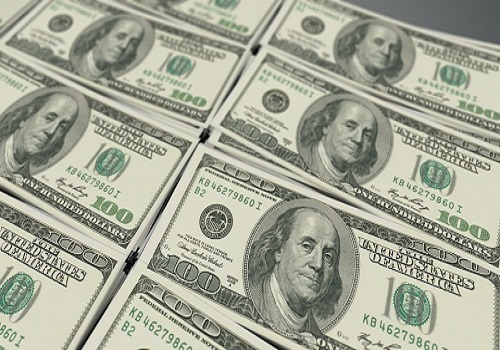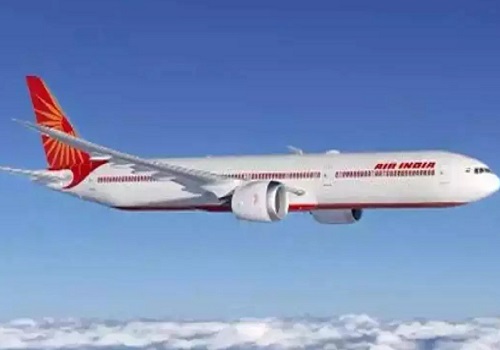End of EV subsidies, more industry tariffs may be on the cards under Donald Trump
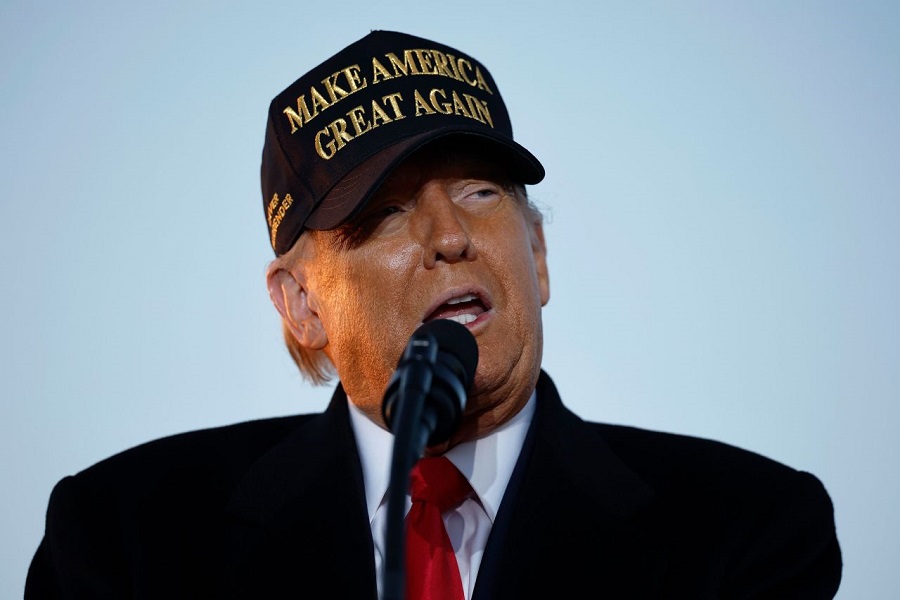
Follow us Now on Telegram ! Get daily 10 - 12 important updates on Business, Finance and Investment. Join our Telegram Channel
The US' Inflation Reduction Act (IRA) and federal EV manufacturing and consumer subsidies could be at risk in the new Donald Trump administration, according to a report on Saturday.
Trump has been very pro-tariff and plans to use tariffs to offset corporate tax cuts, which will likely impact foreign trade, according to a report by Counterpoint Research.
"Trump and Senate Republicans have publicly criticised the CHIPS Act. It is possible that the new administration will repeal the Act and replace it with tariffs on semiconductor companies,” the report mentioned.
Both Trump and VP-elect J.D. Vance have criticised the government’s EV subsidies and have suggested that it should be subsidising US-made internal combustion engine (ICE) vehicles instead.
"As for manufacturing credits, Trump has spoken highly of EVs from a technological perspective and now has the full support and endorsement of Tesla chief Elon Musk. The Musk endorsement made many question whether it would change Trump’s approach to EV credits and manufacturing subsidies," the report noted.
Tesla is the top beneficiary of IRA original equipment manufacturer (OEM) credits. However, Tesla would arguably still maintain its market position in the US without that funding. However, that funding does greatly benefit other OEMs producing in the US and propel them closer to competing with Tesla and China.
Trump has consistently tried to present himself as a proponent of US automotive excellence. If he sees that Chinese vehicle technology poses a threat to US OEMs (which they do), he will likely keep OEM subsidies awarded through the IRA in place, according to the report.
"We can expect similar automotive tariffs to be maintained now that Trump is elected. This will limit OEMs’ battery sourcing options down to just a handful of companies, creating a demand-supply gap," said the report.
During his campaign trails, Trump promised to implement more tariffs. The initial tariffs imposed by Trump on China in 2018 under Section 301 are still in place. He is now proposing a 10 to 20 per cent universal tariff and levies of 60 per cent for China.
"This would likely decrease foreign trade and possibly lead to a trade war. On the other hand, it could increase tax revenue by $300 billion, with $200 billion of that coming from China. Trump has also threatened tariffs of 25 to 75 per cent on Mexican goods unless illegal immigration via the Mexican border is stopped," said the report.
Trump believes that taxes on foreign goods will relieve the US of its national debt, increase domestic manufacturing and raise money for government programmes. Still, economists predict the US GDP will decrease by 0.2 per cent if he increases tariffs. China stated it would retaliate, and undoubtedly other countries will too. Economists believe a trade war with other countries will impact the US GDP and capital stock negatively by 0.05 per cent.







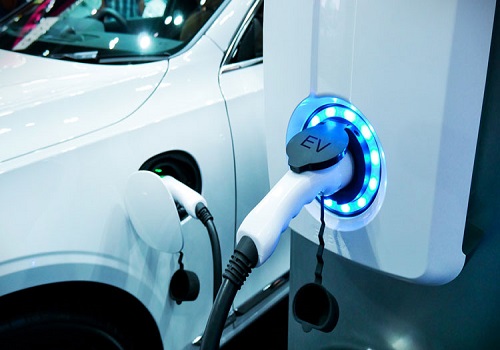


Tag News

Founders of 28 Indian new-age startups took home Rs 284 crore as salary in FY24





 320-x-100_uti_gold.jpg" alt="Advertisement">
320-x-100_uti_gold.jpg" alt="Advertisement">

